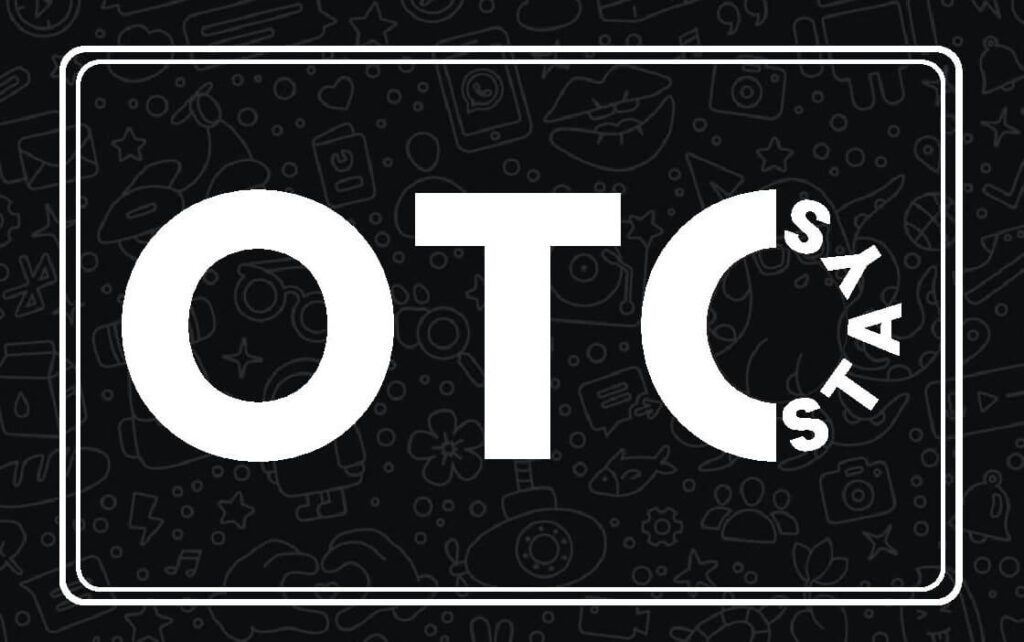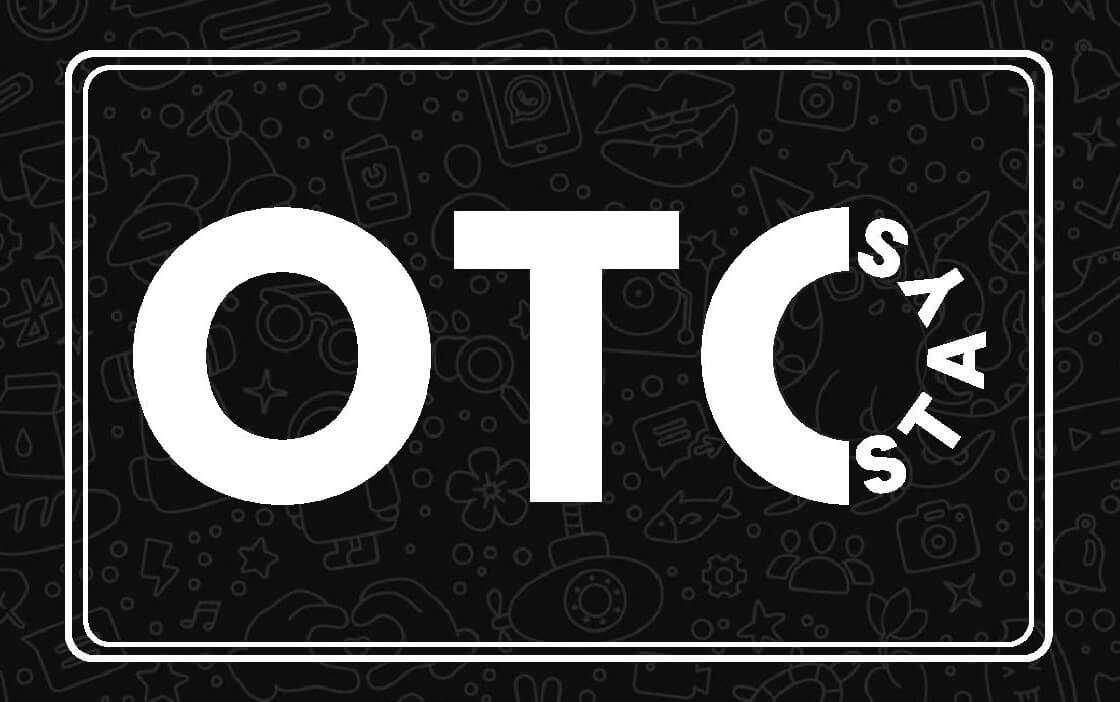
Why People Don’t Care About Managing Adhd Without Medication
ADHD Medications
Although medications aren’t a cure, they can help manage symptoms. Different people respond to medications for adhd in adults differently so you may need to test different medications before you discover the one that works best.
Stimulants (also called psychostimulants) increase the brain’s ability to produce dopamine and norepinephrine. They may also decrease hyperactivity and impulsivity.
Medicines
Medical treatments are a major component of treating ADHD. They can help manage symptoms like impulsivity, excessive activity and poor attention. They also treat mental health conditions such as depression and anxiety.
The most commonly used medication for ADHD are stimulants (also known as psychostimulants) which are consumed as pills once or twice per day to increase focus and concentration. These medications can be either short-acting (or long-acting) according to the preference of your doctor and the length of time you wish to keep the medication to be in your system.
Stimulants for ADHD are usually used as part of a treatment plan that incorporates therapy, behavior changes and skill training. These treatments could prove more effective than medications alone in treating ADHD. They could also aid in improving your child’s overall quality of life.
These drugs alter the brain’s neurotransmitters. These are chemicals that aid in transmitting messages between cells. Some of these chemicals include dopamine and norepinephrine.
The side effects of ADHD medication may manifest in some people, both adults and children but they are usually short-term or only temporary. These can include moodiness and jitteriness, headaches, high heart rate and an upset stomach.
Sometimes, these symptoms are a sign of an even more serious medical issue, so your doctor may need to do tests with blood or other substances to determine the reason. Your pediatrician may suggest checking for heart-related conditions that are underlying due to the fact that ADHD stimulants have been linked to rare cases of heart attack and stroke.
Other medicines that are used to treat ADHD include dexamfetamine and lisdexamfetamine as both stimulants that help improve concentration and reduce the impulsivity. These medications are available to ADHD patients including adults and teens.
Lisdexamfetamine can be taken as a capsule once every day. It can also be used in conjunction with methylphenidate for an even more effective treatment. It is an SNRI that means it increases the amount of norepinephrine that your brain produces.
The medication is not habit-forming and has a different effect than other ADHD medications. It doesn’t have the same irritability and adverse reactions that other ADHD medications can suffer from.
Clinical trials for medications
One of the most popular treatments for ADHD is medication. They are designed to decrease symptoms of the condition, namely inattention, hyperactivity and an impulsive nature. They can also reduce the chance of developing psychosocial complications including anxiety and depression.
Among the different types of medications that are available, stimulants are the most popular. They are mainly central nerve system (CNS) stimulants that affect the brain’s adrenergic, and dopamine receptors. They include methylphenidate hydrochloride , dimesylate lisdexamfetamine, aswell amphetamines that sulfate.
ADHD drugs are effective for short-term treatment. They can provide an effective response in little as seven days or weeks. This is in contrast to other medications for psychiatric disorders that typically require long-term treatment.
There are still a few limitations regarding the efficacy and safety of medications that have been approved for use in treating ADHD. It is therefore essential to conduct post-marketing studies that will assess the long-term safety and efficacy of ADHD drugs.
These types of studies can prove useful in identifying uncommon adverse events as well as evaluating the safety and efficacy of a product on a larger scale that can be achieved through randomized clinical trials. However the post-marketing observational studies aren’t as robust as randomized trials when it comes down to the pharmacological outcomes, and they do not account for the bias in treatment selection or other design issues.
In the United States, there are over a dozen medication treatments available for ADHD. They include central nervous system stimulants, alpha2 adrenalinergic agonists and selective noradrenaline reuptake inhibitors.
The methylphenidate class has the highest number of unique agents in clinical trials and accounts for 80% of all medications in this class. It is also the most prescribed medication for adolescents and children, and has the strongest effect on ADHD symptoms.
Atypical antipsychotics are another class of pharmacological substances that could be of interest for ADHD treatment. There are a variety of compounds in this class that are relatively new and have been shown to be less addictive than stimulants to the central nervous system.
The variety of non-pharmacological therapies for ADHD has increased significantly over the years. These treatments range from supplement or complementary treatments to interventions for the mind and body, e.g., cognitive training and behavioral management. They can be tailored to meet the developmental needs of each individual, and can have an impact on the most severe behavioral symptoms at this age.
Monitoring of medication
Whether an initial treatment regimen for adhd is based on treatment with medication, behavioral therapy or dietary interventions it is imperative that continuous monitoring is carried out to assess how well these treatments are working on a continuous basis. For example, the core symptoms of inattention and hyperactivity-impulsivity can reemerge once treatment has stopped, affecting childrenaEUR(tm)s success in school work, meeting their behavioral expectations at school and getting along with peers.
A variety of stimulant medications are available for treating ADHD. They include methylphenidate (Ritalin) Lisdexamfetamine (Daxil), atomoxetine (Strattera) Clonidine (Kapvay) and Guanfacine (Intuniv).
Stimulant medications usually start to work within a few weeks after starting them. They can be taken as capsules, tablets, or liquid. These medications have a longer half-life, and can also be taken with food making them gentle on the stomach.
Your doctor will prescribe a low dose of the medication and will monitor it to determine whether it can help. Sometimes, the medicine might have to be increased or reduced if it causes side effects or as your child gets older.
Some children may be tired or groggy the morning after taking their medication. This is normal and should be able to pass with time. You might also experience dizziness and headaches following the use of the medication. These side effects are very rare but you should consult your doctor in the event that they last for more than two hours or are very severe.
 A side effect that is quite common is irritability and grumpiness particularly as the medication is beginning to wear off. These feelings will normally disappear over time, though your doctor may check your child’s blood pressure and pulse before taking a decision to stop the medication.
A side effect that is quite common is irritability and grumpiness particularly as the medication is beginning to wear off. These feelings will normally disappear over time, though your doctor may check your child’s blood pressure and pulse before taking a decision to stop the medication.
Your doctor will conduct an examination and take a detailed history prior to prescribing stimulant drugs. This will help them understand whether there are any medical conditions that your child is suffering from, or that might affect the way they absorb these medicines like epilepsy, heart diseases, or seizures.
The QbTest is a clinical trial with adhd medication that has been administered at the Child Neuropsychiatric Clinic at Queen Silvia’s ChildrenaEUR(tm)s Hospital in Sweden from 2014 until 2020. In the QbTest, patients take a placebo, low moderate, moderate or high dose of the medication for 4 to five weeks. The results of the test are then shared with the primary care physician who manages the ongoing medication therapy.
Medication combinations
AdHD can be treated with medication to improve mood, self-control and attention. They can also enhance the quality of work and social life.
ADHD is often treated with stimulant medications. They increase brain levels of norepinephrine and dopamine. They can also trigger stomach upset or weight loss. They may also raise blood pressure or heart rate slightly.
Nonstimulant medicines, on the contrary are less likely to cause adverse side effects, and they tend to be more effective than stimulants for certain people. Many different nonstimulants are used to treat ADHD, including atomoxetine (Strattera) as well as guanfacine and Clonidine.
They are metabolized through an enzyme called CYP2D6 in the liver. The drugs that block this enzyme can slow down the metabolism of atomoxetine. This can decrease its effectiveness. Before starting treatment with Atomoxetine it is important that a person who is taking these drugs consult their physician.
Long-acting stimulants such as methylphenidate and amphetamine are the most commonly prescribed medication prescribed by doctors for children, adolescents, and adults with ADHD. These drugs can be taken throughout the day, so there is no need to be concerned about overdosing or how to treat adhd without medication in adults rebound symptoms.
Although these drugs can cause a wide range of negative effects, they are generally secure and efficient. Some of the most commonly reported side effects are weight growth, headaches, irritability, and dizziness.
Doctors can prescribe medication in addition to counseling and therapy for adults or children with ADHD. These therapies can teach how to cope and change behavior, NIMH experts say.
For instance for example, a child or an adult who suffers from ADHD might learn to deal with anger through practicing techniques to express their needs. They might also learn to better manage their emotions by using expressive art therapy and play therapy.
Therapy is also available to parents and other family members to learn how to support ADHD children and assist them in managing their symptoms. This could include learning to manage stress and anger and also how to treat adhd without medication in adults; Suggested Web site, to lessen the impact of ADHD on their relationships with family members.
